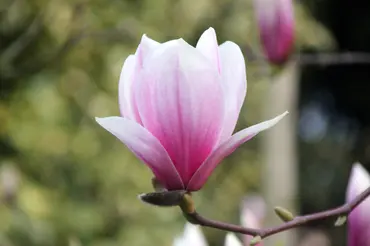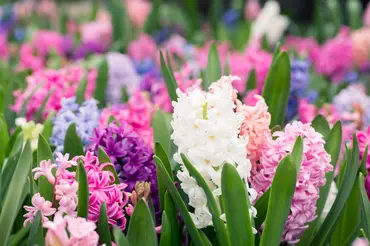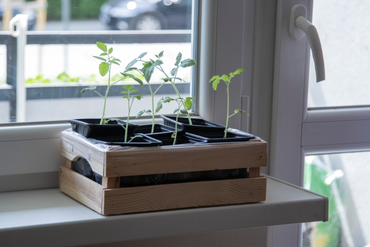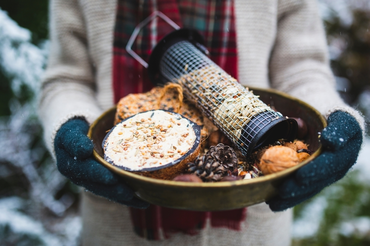Few things are more frustrating for gardeners than finding tender seedlings eaten by slugs or a bean crop overrun with aphids. The good news is you don’t always need chemical sprays to protect your plants. By working with nature, you can keep pests under control and enjoy a healthier, more balanced garden.
Here are seven tried-and-tested natural pest control methods:
1. Grow strong, healthy plants
Plants that are well-fed, watered and grown in the right conditions are naturally more resistant to pests and diseases. Healthy plants recover faster from damage and are less likely to suffer severe infestations.
2. Attract beneficial insects
Encouraging natural predators is one of the most effective pest control strategies. Ladybirds, lacewings and hoverflies are excellent for tackling aphids. Many of these insects also enjoy nectar and pollen, so include flowers they love such as Ammi majus, Achillea, and daisies.
3. Use sacrificial plants
Some plants are more appealing to pests than others. By growing these as ‘decoys’, you can draw pests away from your main crops. Nasturtiums will often lure aphids, while French marigolds are irresistible to slugs and snails. Simply remove or treat the sacrificial plants once they’ve done their job.
 4. Welcome birds into the garden
4. Welcome birds into the garden
Garden birds are invaluable allies against pests. Blackbirds and thrushes, for example, happily feed on slugs, snails and caterpillars. Attract more birds by planting shrubs like hawthorn, holly, and pyracanthawhich provide food and shelter year-round.
5. Add a small pond for frogs and toads
Frogs and toads are excellent natural slug and snail control. You don’t need a large pond – even a sunken washing-up bowl with a few aquatic plants can attract these helpful creatures and boost garden biodiversity.
6. Try beer traps for slugs
Slugs and snails can be managed with homemade traps. Sink a yoghurt pot into the soil so its rim sits just above ground level, then part-fill with beer. Slugs will be drawn to the smell, fall in, and drown. Be sure to check and refresh the traps regularly.

7. Hand-pick where possible
In smaller gardens, sometimes the simplest approach works best. Wipe away small colonies of aphids or wash them off with a jet of water. In the evening, head out with a torch and collect slugs and snails into a bucket. For lily beetles, check plants regularly and pick off any bright red adults before they cause too much damage. (Tip: place white paper beneath the plant to spot any beetles that drop to the ground.)By encouraging wildlife and using a few practical tricks, you can manage pests naturally while keeping your garden thriving. If you need advice or products to support your pest control, visit us in-store – our team will be happy to help you find the best solutions.
By encouraging wildlife and using a few practical tricks, you can manage pests naturally while keeping your garden thriving. If you need advice or products to support your pest control, visit us at Carpenters Nursery – our team will be happy to help you find the best solutions.




